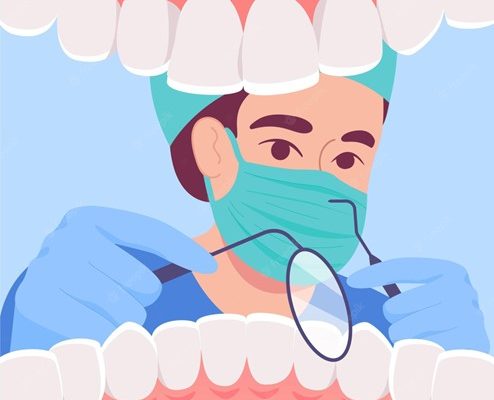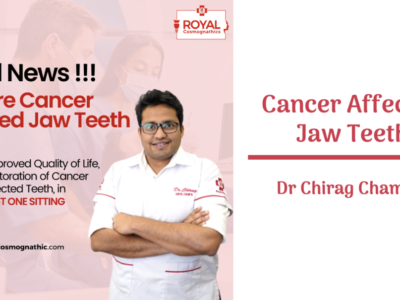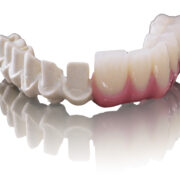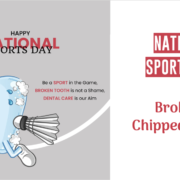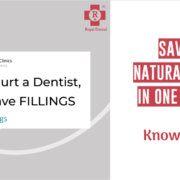You’re in the perfect place if you’ve ever wondered who to see about certain dental difficulties. Dental care involves more than simply brushing and flossing; it also involves selecting the specialist who can best meet your needs. Every specialist is essential to preserving your oral health, from periodontists who treat gum disease to orthodontists who correct teeth. We’ll discuss the types of dental specialists in this blog, as well as their areas of specialty and how they may assist you in getting a healthy smile.
What is a dental specialist?
A dentist who has completed more training and education in a particular area of dentistry than what is necessary for general dental practice is known as a dental specialist. They can concentrate on treating certain dental diseases or carrying out particular treatments with a high degree of experience and skill thanks to their specialized training.

Following dental school, dental specialists usually finish a residency program that lasts many years. During this time, they receive extensive training in their selected specialty, which may include prosthodontics (restoring and replacing teeth), orthodontics (straightening teeth), periodontics (treating gum diseases), endodontics (root canal therapy), oral surgery (surgical procedures in the mouth), pediatric dentistry (dental care for children), and more.
Types of dental specialists
- Orthodontists are specialists in using braces, aligners, and other orthodontic products to treat problems with the alignment of the teeth and jaw.
- Periodontists specialize in gum disease diagnosis and treatment, gum surgery, and dental implant placement.
- An endodontist focuses on treating infections or disorders inside the tooth, such as pulpitis or abscesses, using root canal therapy.
- An oral surgeon removes teeth, places dental implants, and performs corrective jaw surgery, among other surgical operations, in the mouth, jaw, and face.
- Prosthodontists are specialists in using dental prosthetics, such as crowns, bridges, dentures, and dental implants, to restore and replace lost or damaged teeth.
- Pediatric dentists repair cavities, monitor dental growth, and provide preventive care tailored to the needs of young patients.
- Oral pathologists diagnose and treat conditions affecting the mouth, jaws, and associated structures, such as abnormalities of the mucosa in the mouth and oral cancer.
- An oral and maxillofacial radiology specialist helps with dental diagnosis and treatment planning by analyzing diagnostic imaging of the head and neck region, including X-rays, CT scans, and MRIs.
How can a dental specialist help you?
Dental specialists are essential in delivering sophisticated and focused treatment for particular dental conditions. While a periodontist focuses on treating gum disease and implant placement, an orthodontist can straighten teeth and address issues with bite alignment. Endodontists are experts in saving damaged teeth through root canal therapy, and oral surgeons do more complicated surgical procedures like jaw and tooth extractions. Dental prostheses, like crowns and bridges, are used by prosthodontists to treat and replace missing or damaged teeth.

Children’s dental health is the specialty of pediatric dentists, whereas oral pathologists identify and manage conditions of the mouth, such as oral cancer. When making diagnoses and planning treatments, oral and maxillofacial radiologists utilize diagnostic imaging. Through the assistance of these professionals, people can obtain efficient and customized treatment based on their unique dental requirements, guaranteeing the best possible results for their oral health.
What to expect during your first visit to a dental specialist
- Your medical history, including any drugs you are taking, any dental procedures, and current medical issues that may affect your dental care, will be examined by the specialist.
- To determine the state of your oral health and spot any problems, the specialist will do a thorough dental examination that may involve X-rays, intraoral photographs, and other diagnostic procedures.
- You’ll be able to talk to the professional about your dental objectives, symptoms, and concerns. They will pay close attention to your worries and answer any questions you might have.
- The professional will thoroughly discuss your treatment options based on the results of the test and your goals. To assist you in making judgments regarding your dental care, they will go over the advantages, dangers, and anticipated results of each treatment option.
- After you’ve selected a course of action, the professional will collaborate with you to create a customized plan that takes into account your requirements and preferences. They will describe the procedures, the treatment plan, and any prerequisites.
- The expert will also go over insurance coverage, payment methods, and treatment costs. They will help you make appropriate plans by giving you clear information about the financial implications of your dental treatment.
Conclusion
In conclusion, your road toward better oral health can be considerably aided by knowing the functions of various dental specialists. Every professional is essential to preserving the health and appearance of your smile, from periodontists treating gum illnesses to orthodontists guaranteeing correct tooth alignment. In the words of Dr. Chirag Chamria, “Collaboration among dental specialists ensures comprehensive care tailored to individual needs, resulting in optimal oral health outcomes.” Speaking with the appropriate professional can help you attain a healthier, more confident smile, regardless of whether you need braces, gum treatments, or extensive dental surgery.
FAQs
Q. What’s the difference between a general dentist and a dental specialist?
General dentists offer basic dental care, while specialists focus on specific areas like orthodontics or oral surgery.
Q. How do I know if I need to see a dental specialist?
If you require expert treatments or have severe dental conditions, your general dentist may make a referral for you.
Q. Are dental specialist treatments covered by insurance?
Details about your plan can be obtained by contacting your insurance provider. Coverage varies.
Q. What should I bring to my first visit with a dental specialist?
Bring your dental records, insurance information, prescription list, and any questions you may have.
Q. How long does an appointment with a dental specialist last?
The duration of first consultations is between thirty and sixty minutes, while treatment appointments differ according to the procedure.
Q. What should I expect after treatment from a dental specialist?
For a good recovery, adhere to the post-treatment guidelines, even if you experience brief discomfort or adverse effects.
© All rights reserved by Royal Dental Implants Pvt Ltd Issued in public interest

